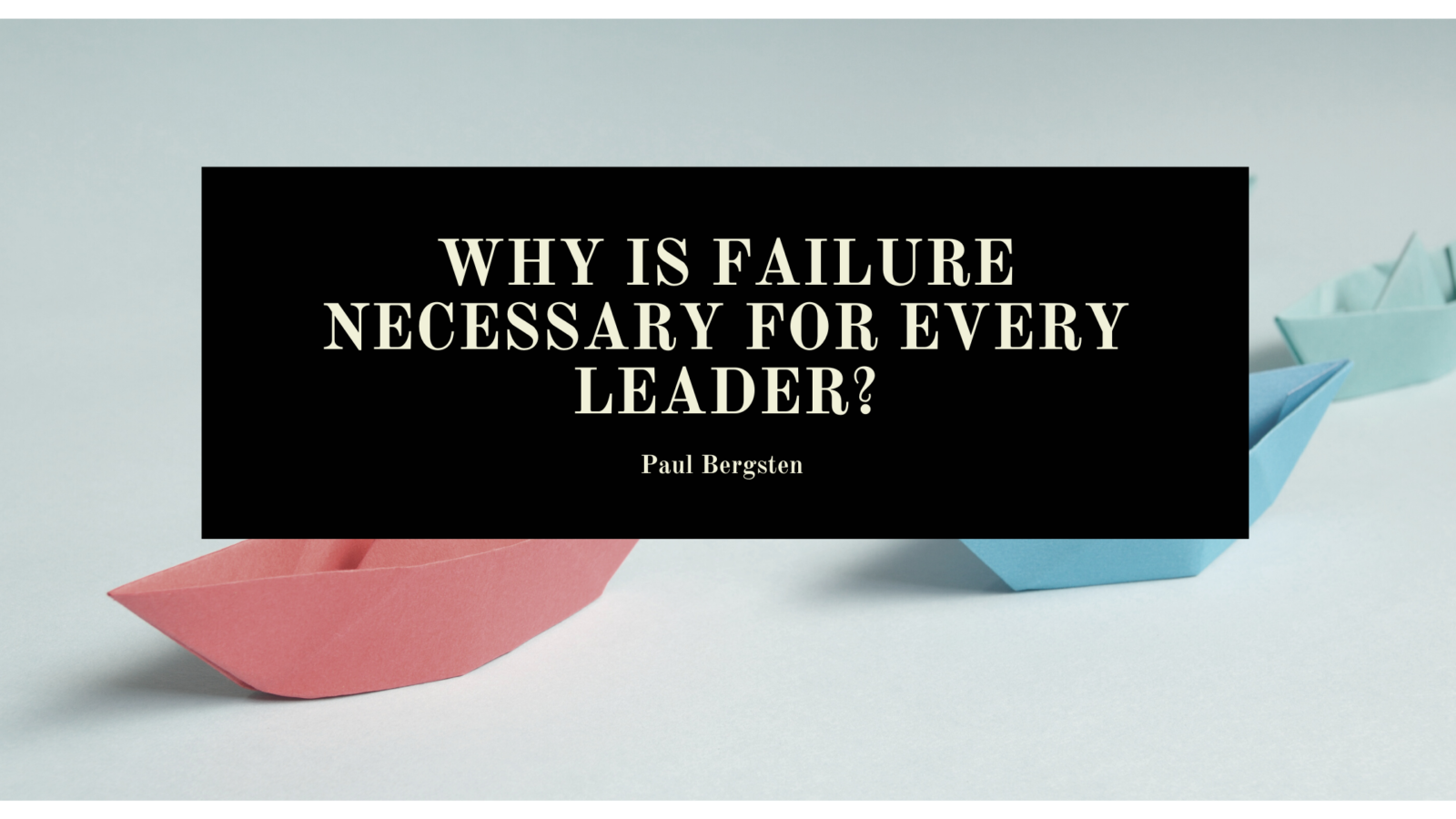For the most part, failure is an extremely uncomfortable subject within leadership circles. In the halls of Fortune 100 companies, the word “failure” is practically taboo; it is as if by simply articulating this “horrible” concept, we risk summoning it into our lives. And yet, any leader worth their salt will experience failure multiple times throughout their career. If they’re a great leader, in fact, they will probably learn much from failure as an experience.
Even the Best Entrepreneurs Are Familiar With Failure
Even people we typically associate with success on a global scale have struggled with failure at times. Famously, for example, Steve Jobs was fired from Apple Inc. in the mid-1980s. Despite the fact that Jobs had created Apple and built up the company into an industry titan, the entrepreneur was seen as little more than a hindrance to the company’s future success.
Opportunities for Growth
By his own admission, Jobs did not take being fired by his own company in stride. But he did use his time to pursue educational initiatives and to build on his strengths as a leader; almost immediately after his firing, for example, Jobs founded the animation company Pixar. Jobs’ “time in the wilderness” was indeed so beneficial to his skills as a leader that Apple’s board soon began to realize its mistake: Taking Jobs back on as CEO in 1997, the computer industry behemoth went on to its most successful period.
Moments of Weakness and Moments of Strength
So what can we learn from Jobs’s story? The truth is that most of us will hit rough patches in our careers from time to time. The COVID pandemic has shown us that job security in the modern economy is little more than a myth. For many of us, self-reliance has become the defining leadership trait of our era.
Rediscovering Our Passions
When a failure does rear its head, however, we can do as Jobs did and refocus our efforts on our passions. When faced with failure, Jobs did not retire from public life. He immediately took his other ideas off of the back-burner. As it is for many top leaders, Jobs’s work ethic was his saving grace.
Many of us live so long in the shadow of failure that we forget that shadows cannot hurt us. But giving up on our dreams can indeed hurt us. One thing is true in life: When we create a self-fulfilling prophecy around our fear of failure, it will not be long before our prophecy comes true. Yet without fail, we would never detect the flaws in our thinking. That is a great way to become arrogant; it is not a great way to change the world.


